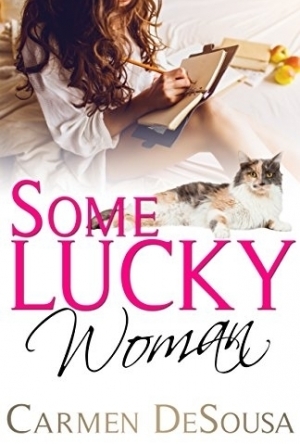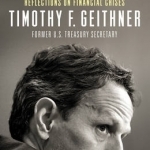
Stress Test: Reflections on Financial Crises
Book
From the former Treasury Secretary, the definitive account of the unprecedented effort to save the...
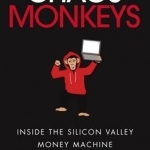
Chaos Monkeys: Inside the Silicon Valley Money Machine
Book
An adrenaline-fuelled expose of life inside the tech bubble, Chaos Monkeys lays bare the secrets,...

Chris Hoy: The Autobiography
Book
Fully updated to include Sir Chris Hoy's incredible, record-breaking golds at London 2012 (making...
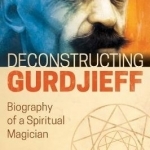
Deconstructing Gurdjieff: Biography of a Spiritual Magician
Book
In November 1949, architect Frank Lloyd Wright announced the death of "the greatest man in the...
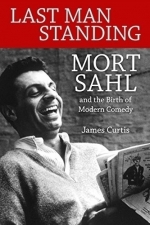
Last Man Standing: Mort Sahl and the Birth of Modern Comedy
Book
On December 22, 1953, Mort Sahl (b. 1927) took the stage at San Francisco's hungry i and changed...
comedy film
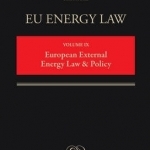
European External Energy Law & Policy: Volume 9
Book
While the internal energy market is approaching completion, the EU still struggles to put together a...

Histories of Ornament: From Global to Local
Alina Payne, Gulru Necipoglu, Michele Bacci and Anna Contadini
Book
This lavishly illustrated volume is the first major global history of ornament from the Middle Ages...

Shigeru Ban
Heidi Zuckerman Jacobson, Claude Bruderlein and Shigeru Ban
Book
"Architects are not building temporary housing because we are too busy building for the privileged...
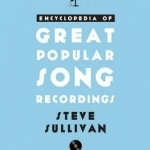
The Encyclopedia of Great Popular Song Recordings
Book
Volumes 3 and 4 of the The Encyclopedia of More Great Popular Song Recordings provides the stories...
